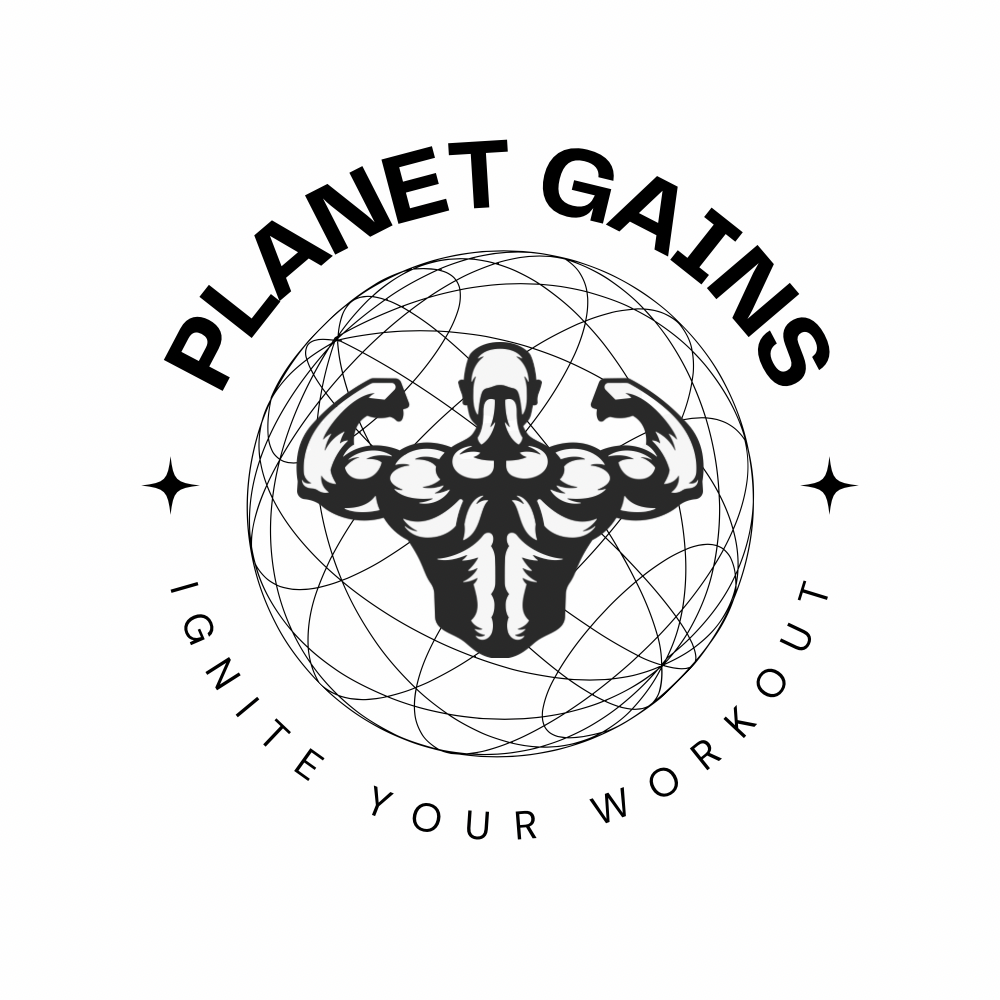📦 FREE Shipping
How Many Calories Do You Burn Playing Hockey 2024?

Lace-up your skates and hit the ice to discover the energetic demands of this fast-paced sport. “How Many Calories Do You Burn Playing Hockey? Surprising Insights” breaks down the calorie count of every check, shot, and skate.
How Many Calories Do You Burn Playing Hockey?
Factors Influencing Calorie Burn
Your Weight: Heavier players will generally burn more calories. For instance, a player weighing 180 pounds may burn approximately 11.43 calories per minute playing general ice hockey, which adds up to around 686 calories in an hour of play.
Intensity of the Game: A casual versus competitive match affects how many calories you burn. Competitive play can ramp up the calorie burn significantly.
Position Played: Distance covered and the agility required can differ if you’re a goalie versus a forward or defenseman, influencing your energy expenditure.
Age and Metabolic Rate: As you age, metabolic changes can affect how effectively you burn calories. Younger players typically have a higher metabolic rate.
Average Burn by Game Duration
1-hour Recreational Game:
- You might burn between 500 to 1,000 calories.
1-hour Competitive Game:
- Energy expenditure climbs, meaning you could burn more than 1,000 calories.
Improving Caloric Expenditure Through Hockey

Strategies for Increased Burn
Consider incorporating interval training into your practice to maximize calorie burn while playing hockey. This can elevate your heart rate and energy use. Here are specific strategies:
- High-Intensity Interval Training (HIIT): Alternate between high-speed skating and rest periods. For example, skate at full effort for 1 minute, then rest for 2 minutes, repeating the sequence several times.
- Endurance Drills: Focus on drills that require sustained effort, such as laps around the rink or simulated game situations that keep you moving without extended breaks.
- Position-Specific Exercises: Work on drills that mirror your position’s energy and movement patterns during a game, as activity levels can vary by position.
Position-Specific Training
Different hockey positions demand varying degrees of activity and calorie burn. Let’s break down some training tips:
- Forwards: Engage in speed and agility drills to mimic quick line changes and bursts of speed during offensive plays.
- Defensemen: Incorporate strength and stability exercises that reflect the physicality and endurance required for defending against opponents.
- Goaltenders: Practice explosive movements from the net to cover the goal area efficiently—although generally burning fewer calories, the intensity of movements is vital for a goalie’s performance.
Nutritional Considerations for Hockey Players

Nutrition is a vital component of your performance on the ice. As an athlete engaged in a physically demanding sport, understanding the synergy between diet and high-intensity hockey workouts is crucial.
Here’s how to fuel up for peak performance!
Caloric Intake: You burn significant calories during a game due to the aerobic and anaerobic energy systems hockey relies on. Therefore, your diet should supply enough calories to meet these high energy demands.
- For Men: Average between 2500-3500Kcal
- For Women: Average between 2000-3000Kcal
Macronutrients: A balanced diet rich in carbohydrates, proteins, and fats is key.
- Carbohydrates are your main energy source; load up on complex carbs like whole grains and vegetables.
- Proteins: Essential for muscle repair and growth, opt for lean sources like chicken or fish.
- Fats: Important for sustained energy, focus on healthy fats from avocados, nuts, and seeds.
Hydration: Don’t skimp on fluids! Maintaining optimal hydration levels enhances your reaction time and overall performance. Drink water throughout the day, and consider a sports drink with electrolytes during games.
Recovery Foods: Post-game, replenish with carbs and protein to repair muscle tissues and replenish glycogen stores. A smoothie with fruit, protein powder, and a handful of spinach can do the trick!
FAQ:
Is hockey a good sport to lose weight?
Hockey is an excellent sport for losing weight due to its high intensity and cardiovascular demands.
Does hockey count as exercise?
Hockey definitely counts as exercise; it’s a full-body workout that improves endurance, strength, and coordination.
How many calories does 1 hour of field hockey burn?
In 1 hour of field hockey, you can burn approximately 480 to 800 calories, depending on your weight and the game’s intensity.
What is the highest calorie burning sport?
The highest calorie-burning sports typically involve continuous, intense physical activity, like running, cycling, or swimming at a competitive level.
If this article about the question: “How Many Calories Do You Burn Playing Hockey” helped you, don’t forget to leave us a comment down below about what you think of the article.


